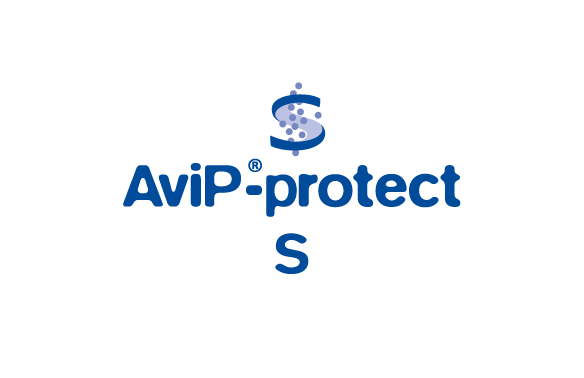Abstract
Aim: In vitro and in vivo challenge studies were undertaken to develop an in-feed additive of microencapsulated propionic, sorbic acids and pure botanicals to control Campylobacter jejuni in broilers at slaughter age.
Methods and Results: Organic acids (OA) and pure botanicals were tested in vitro against Camp. jejuni, whereas in vivo, chickens were fed either a control diet, or increasing doses of the additive for 42 days (experiment 1); in the second experiment, chickens received the additive at 0.1 or 0.3% from day 0 to 21 or from day 22 to 42. The additive consistently reduced Camp. jejuni caecal counts at any given dose (exp. 1) or inclusion plan (exp. 2). Moreover, it was able to reduce the number of goblet cells and modify mucin glycoconjugates biosynthesis pattern.
Conclusions: We developed an additive that was effective in reducing Camp. jejuni in slaughter-age chickens even at low doses (0.1%). That efficacy was the result of the synergistic action between OA and botanicals.
Significance and Impact of the Study: This study provides a strategy to reduce Camp. jejuni in broilers and, as a consequence, to improve the safety of the food chain. Moreover, data suggest that a treatment limited to the last weeks before slaughter would allow to save on inclusion of the additive throughout the whole production cycle.
For more information: marketing@vetagro.comRead the full text here.









